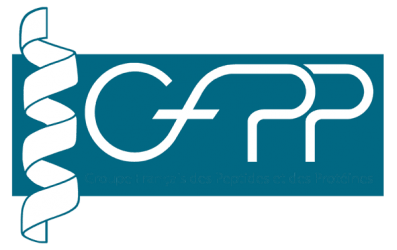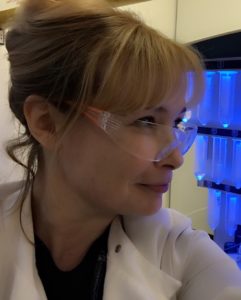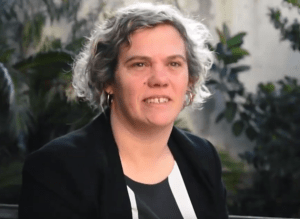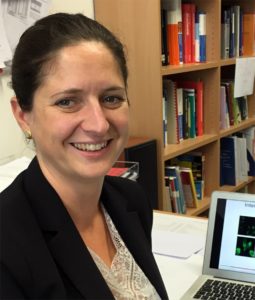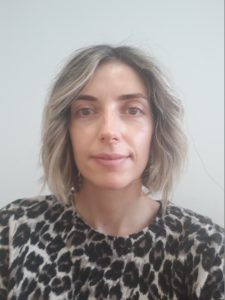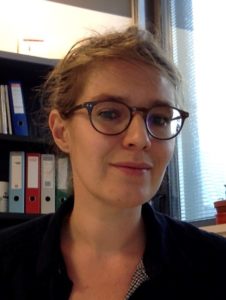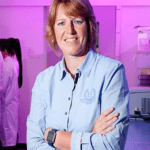 School of Pharmacy, Quenn’s University – UK
School of Pharmacy, Quenn’s University – UK
“Therapeutic Nucleic Acid Vaccinations: RALA peptide-mediated gene delivery via dissolving microneedles”
Prof McCarthy’s research team have focused on the development of non-viral delivery systems for nanomedicine applications in the School of Pharmacy. These biomimetic peptide systems are designed to overcome the extra and intracellular barriers, so that the macromolecular payload can be delivered at the destination site in order to exert the optimal therapeutic effect. Helen has designed and patented three delivery systems. Current research projects involve gene therapy for metastatic deposits; miRNA therapeutics for oncology and wound healing applications; mRNA and DNA vaccination strategies; and regeneration of bone by increasing the bioavailability of ceramics. The wide-spread utility of these delivery systems has led to a spin-out company Phion Therapeutics www.phiontx.co.uk. We currently have two internal projects funded by Innovate UK, several commercial partners, one of which includes Cell and Gene Therapy Catapult for ex vivo applications of our technology.

